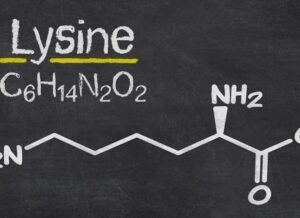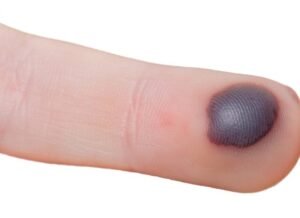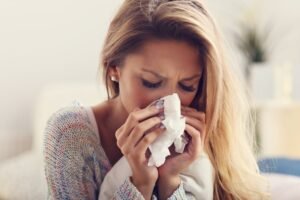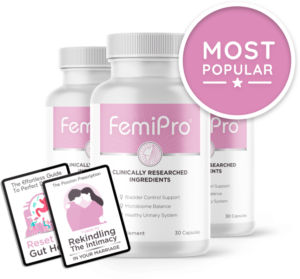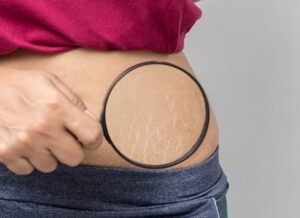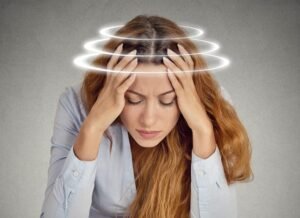Today, more and more people pay attention to health. Education, government programs, etc. contribute to such growing awareness. However, mold exposure affects a significant number of people. Perhaps you live in a damp area where mold grows and flourishes. Maybe you came into contact with mold accidentally. Any delay could be detrimental to your health.
Advice on mold exposure treatment
Many victims don’t bother about the condition. They only wake up when the situation turns worse. A little bit of laziness quickly becomes a life-threatening issue. Remember, the severity of mold exposure symptoms may vary, but any exposure could be dangerous. It’s best to seek early help before the situation worsens. Here are helpful tips on treating mold exposure.
Identify the problem
Some victims get scared when they experience allergic reactions. Without a diagnosis, they assume that they suffer from mold exposure. However, that’s not the case always. Rather than panicking, we recommend seeking a diagnosis. In many cases, the problem may not be related to mold. All of these mild allergies can be eased with simple doctor-prescribed medicines.
However, you may likely suffer from a mold allergy. So, how do you find out? In addition to visible signs and symptoms, you may want to perform particular tests to be sure of the condition. The skin prick test and a blood test may help you identify the condition. If your report turns positive, you may want to opt for a suitable cure.
Mold exposure treatment
Avoiding exposure to your triggers tends to be the best treatment for any kind of allergy, including mold. However, you just can’t avoid mold completely. If mold exposure strikes you, consider the following options.
Nasal corticosteroids
These nasal sprays prevent and cure the inflammation caused by an upper respiratory mold allergy. These nasal sprays cure most patients. However, the treatment isn’t free from side effects. Nasal dryness and nosebleeds are common side effects. These medications are considered safe in the long run, despite minor side effects. For this reason, many physicians first prescribe nasal sprays to allergic patients. Popular examples of nasal sprays include fluticasone, ciclesonide, and budesonide.
Rinses
Rinses could treat mild cases of mold exposure. A simple solution of warm water and saline may come in handy. The solution rinses your nasal passages of mold spores. Not only that, it removes congestion in your nose. The result is a flawless respiratory system with no obstacles.
Allergy shots
In certain cases, allergy shots might be the best choice. However, we strongly recommend consulting a doctor before undergoing allergy shots. Your physician may suggest getting regular shots with small amounts of allergens. That way, you build your body’s immunity to mold allergies over time.
OTC medicines
Oral decongestants can treat mold exposure. Popular decongestants include Drixoral and Sudafed. However, individuals with blood pressure issues should not use oral decongestants. So, be sure you visit your doctor before taking any mold exposure treatment to derive fruitful results.


